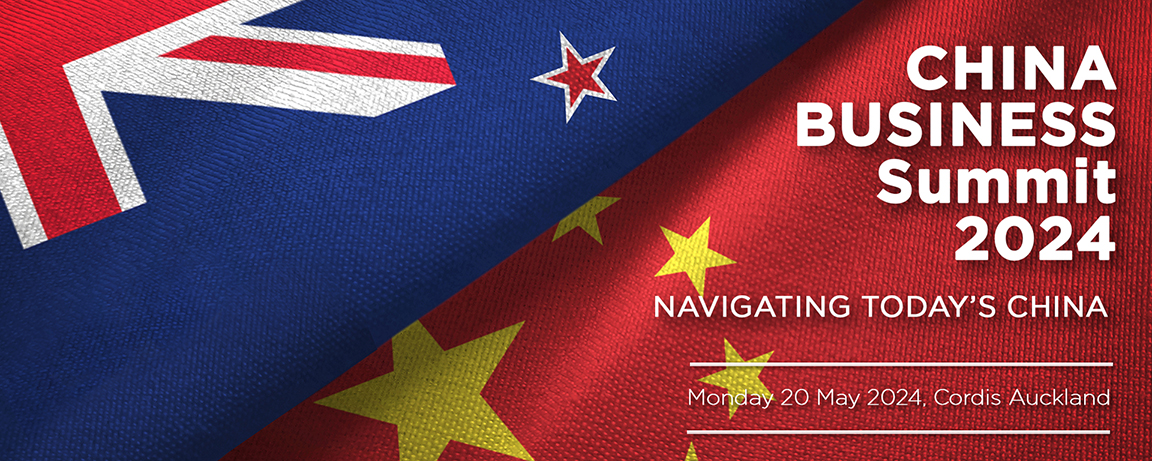The Kyoto Protocol died in Copenhagen in December 2009. Why, then, are climate change officials, including our own, meeting a third time since then and, instead of finalising burial arrangements, still talking about extending Kyoto to tackle climate change?
The answer is simple: the international community of climate change officials is going through the five stages of grief: denial, anger, bargaining, depression and acceptance.
The Kyoto Protocol had its last rites read in Bali in 2007. The parties of the UN Framework Convention on Climate Change (UNFCCC) convened there, with the Europeans seeking either an extension of Kyoto (its commitments to reduce emissions were valid for only five years) or a new, alternative treaty.
The Bush administration read the rites first. It would not accede to an extended protocol or a replacement. Developing countries read them second. They would not agree to negotiate an alternative to the Kyoto Protocol or to extend commitments to reduce emissions to them; they would only to talk about it. While not pronouncing Kyoto finished, the international community of negotiating officials demonstrated the first of the well-recognised sequence of human emotions following death. They went into denial.
At the two meetings following Bali, the EU pressed for a timetable to conclude a new treaty. With the support of the UN Secretariat, they set up a huge conference in Copenhagen in 2009 – the largest since the founding of the UN – to revive and expand Kyoto. They brought more than 100 heads of government to a dismal northern winter in Denmark, believing the weight of their attendance would guarantee agreement.
But there was no agreement and no moment of triumph. Instead, some 20 of the leaders of the Western world sat around a table like filing clerks for hours trying to agree on the minutiae of the terms of an agreement the fundamentals of which developing resolutely opposed. To add to the humiliation, Venezuela’s President Hugo Chavez, one of the most unpopular leaders among Western politicians, proposed the “no” vote that formalised the rejection of the treaty.
Next came anger. The idea that developing countries would not go along with the rich world’s proposals was intolerable. They were presented an offer they could not refuse – as much as $US100 billion over a decade to take action to reduce emissions. This was presented as charity. In truth it was an irresistible bribe.
This provided the transition to the third phase, bargaining.
The World Bank and the leading aid donors – Norway, the UK, the European Commission, as well as Australia and to some degree the US Administration – set up programs to encourage developing countries with tropical forests to reduce emissions, principally by curbing forestry and land clearing for agriculture. Industrialised economies would assist in the design of programs to switch developing economies away from forestry and build “low carbon economies”.
Some developed countries went along with these programs, but the largest emerging economies – including the biggest emitters of greenhouse gases, China and India – did not.
The attempt at bargaining continued at talks in Cancun in 2010 and Durban in 2011. But the reality of the death was emerging. Canada, Japan, South Korea, Russia and New Zealand all announced they would not support an extension of Kyoto. To keep alive some vestige of hope, the EU proposed 2015 be set as the target for a new climate change agreement.
At the Doha negotiations concluding this week, it was clear the fourth stage of grief, depression, was setting in. A number of countries, including Australia, did not send ministers. Many NGO booths were empty. Greenpeace did not engage in the usual shenanigans for the TV cameras. This was the smallest, quietest climate change negotiation in a decade. The mood in the conference halls was resignation.
Is it out of place to attribute human behaviour to explain decisions in the UN? Certainly not. Persons of common mind are as capable as any group of common emotion. The campaign on climate change has been as emotive as it has been factual. The case for immediate action is not a self-evident truth for more than half of the world’s governments.
But for those who believed in Kyoto as a genuine solution for two decades, realising it has come to nought is not dissimilar to the shock of death.
The final stage of grief is acceptance. With luck that will inform the mood at the next conference in Poland in 2013 so that in that rational frame, searching for approaches for dealing with climate change which are practicable will become the new norm.
- Alan Oxley attended the Doha Conference on Climate Change (his sixth) as Chairman of World Growth
 newzealandinc.com Informed. Influential. Indispensable.
newzealandinc.com Informed. Influential. Indispensable.

